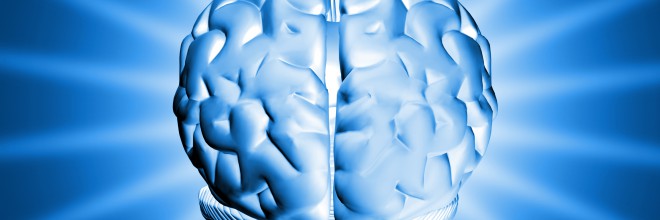Free Consultation
(800) 994-4442 • (818) 986-2407
No Recovery, No Fee
in contingency cases

With over a million people affected each year by traumatic brain injuries in the United States alone, it is important to recognize the causes that can result in a life-altering disability.
There are a variety of causes that can result in a brain injury. Natural caused illnesses, adverse effects of medication or medical treatment, and head trauma injuries. Widespread brain damage can be attributed to prolonged lack of oxygen being delivered to the brain, certain poisons that damage brain cells, and more. Localized brain damage is typically a result of physical trauma but also can be attributed to strokes, aneurysms, surgeries, and neurological disorders.
Traumatic brain injury (TBI) is classified as any external force which produces a sudden physical injury as result of violence or accident. There are a variety of subclassifications that further identify the type of TBI (mild, moderate, and severe).
The Center for Disease Control and Prevention (CDC) estimates that approximately 1.7 million people sustain a traumatic brain injury annually (http://www.cdc.gov/traumaticbraininjury/). Below are the leading causes of traumatic brain injury in the United States.
Brain injury effects are still not completely understood, though medical advances have helped minimize brain damage and mortality rates. Brain injuries span a variety of effects from changing the way a person thinks, how they act, and how they feel. Since the brain does not heal the same way as other organs, the effects of a brain injury are often permanent and require frequent support. The CDC categorizes the four areas TBI affects:
While the consequences of severe brain trauma is generally known, mild brain trauma, such as concussions, may also affect physical and emotional brain processes. If left undiagnosed and untreated, a mild brain injury can result in depression, mood swings, and even suicidal ideation. Children that are victim to TBI often have trouble communicating the symptoms that are occurring (especially relating to cognitive function and thought processes). In the event that your child has a head injury, be wary of persistent crying, inability to be consoled, refusal to eat, irritability, confusion, or other actions that seem uncharacteristic.
Be proactive about head injuries. If you were involved in an automotive accident, slip and fall, or other accidents, seek appropriate medical attention from a professional.
For legal representation in automotive accidents, slip and falls, or other personal injuries, contact the Law Offices of Frederick S Schwartz for more information. For a free consultation and case evaluation by Los Angeles Consumer Attorney, Frederick Schwartz, call (818) 986-2407 0r (800) 994-4442.